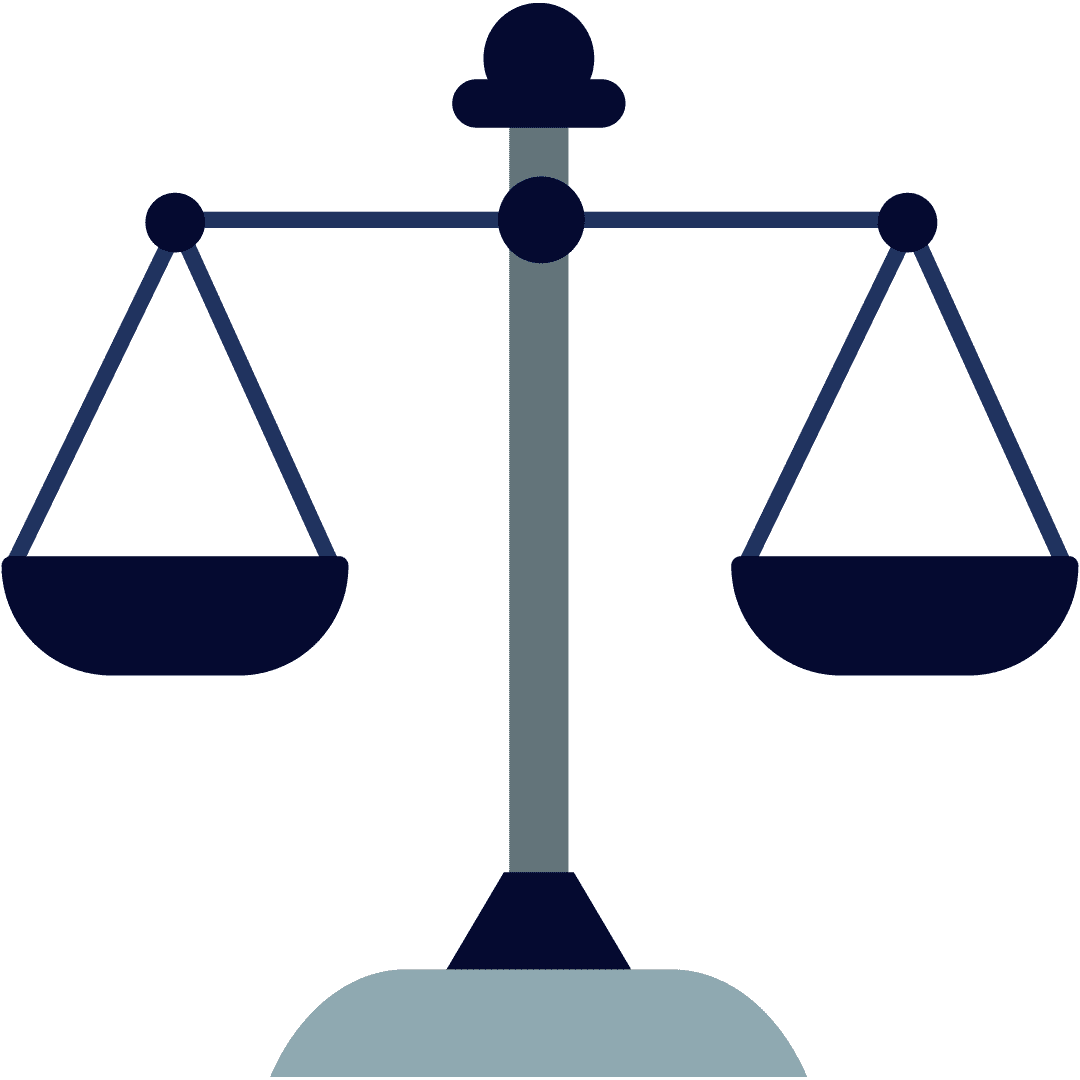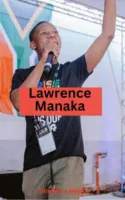Lawrence Manaka exemplifies courage. He became the National Council Deputy Chair for post-school youth at Equal Education, an organisation striving for equal education in South Africa through activism and research. At 20 years old, he’s spearheading Youth and Student Mobilization at Rise Mzansi, a political organisation focused on national advancement. We talked with him about his motivation for social change and his insights on leading in youth.
1. Tell us about your journey and how you became an education activist.
I went to JB Matabane Secondary School in Ivory Park, a township in Johannesburg. It was one of the worst schools in the area; our classrooms were old and falling apart, the roofs leaked, and when it rained, we had to move to not get wet. Close by, there was another school called Umqhele, which had much better infrastructure. I questioned why there was such a difference between the two schools, and then, in grade 10, I ran to be on the Learner Representative Council. I told other students we should protest for better school infrastructure. We did the first march that year and managed to get the Education MEC, Panyaza Lesufi, to visit the school. That’s when I started pushing for equal education and joined the organisation later that year.
2. What’s hard and good about leading when you’re young?
Sometimes, as a young person, your ideas can get ignored in a room full of people much older than you. People might not think your ideas are important. You have to constantly deal with imposter syndrome because you’re not sure if you belong in the space you’re working in and if your contributions are taken seriously.
3. What did you learn as an education activist and leader?
I learned that leadership is not about you but about the people who chose you as a leader. People didn’t choose me because I’m smarter than them. They trust me to speak for them when important decisions are being made. Leading is about talking to people and listening to them. Also, as a young leader, you always need to prove yourself, and that means working harder than others to show that you’re capable.
4. Can you share a big moment that helped students or communities?
A big moment was when Ivory Park’s community stood up and closed down the school to demand better conditions. They held leaders accountable for basic service delivery. Another important moment was when I started to advocate for the Minimum Norms and Standards to be implemented at our school. These are the basic standards for schools to be considered as conducive learning environments.
5. What advice do you have for young people who want to improve their education?
We need to be brave and do it scared. When you’re young, you think that anything you do will get you expelled or into trouble. You may also think that your surroundings are normal, but we should be questioning inequality, questioning our surroundings and demanding better for our communities.
The fight for better schools in rural areas and townships still goes on. Just last year, in July 2022, students at JB Matabane Secondary School protested to demand better resources like chairs, tables, books, and clean facilities.
Tell us: As Lawrence suggests, young people must know about their basic education rights so we can advocate and speak up for what we need. What other actions can young people take or have you taken?
Have your say in our Annual Survey AND stand a chance to win awesome prizes – https://live.fundza.mobi/competitions/fundzas-annual-survey/



